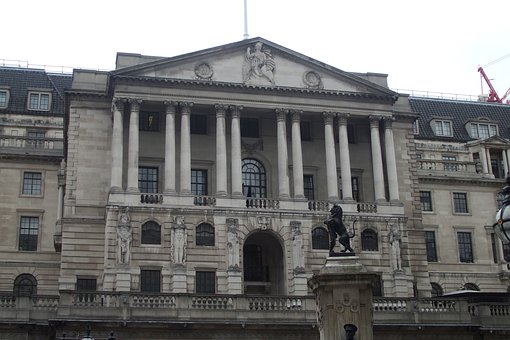Collapse in demand for property may be bottoming out but no return to boom conditions, analysts say.
Mortgage approvals rose for the first time in six months in February amid signs that the collapse in demand for property seen last autumn might be bottoming out.
Figures from the Bank of England showed that home loan approvals rose from 39,647 in January to 43,536 in February – reversing a downward trend in place since August 2022.
But analysts said that with interest rates rising there was no prospect of the market returning to the boom conditions seen during the pandemic and its aftermath, with one predicting that activity would be 30% lower in 2023 than in 2022.
In a sign of the turbulent conditions seen during Liz Truss’s brief premiership last autumn, the Bank said net mortgage lending dropped from £2bn in January to £0.7bn in February, the lowest since April 2016 apart from when the economy was locked down during the Covid pandemic. It usually takes several months for approvals to be turned into actual home loans.
Contact us today to speak with a specialist Commercial Finance Broker to discuss how we can assist you.
Andrew Wishart, UK property analyst at the consultancy Capital Economics, said: “Reflecting the partial unwinding of the spike in mortgage rates following the ‘mini’ budget, mortgage approvals rose to their highest level for three months in February. However, with mortgage rates unlikely to fall much further in the near term, lending will remain weak. Our forecast is that approvals will be 30% lower this year than in 2022.”
The Bank – which raised official interest rates for an 11th successive time to 4.25% last week – said the cost of servicing a mortgage was rising. The effective home loan rate – the interest paid by a new borrower – rose by 0.36 percentage points to 4.28% last month.
Read about the UK Housing Market via our Specialist Residential & Buy to Let Division.
Martin Beck, chief economic adviser to the EY Item Club, says: “The latest household lending data indicated continued weakness in housing market activity, albeit with signs that the worst may be in the past.” Approvals were still well below the average of 62,677 recorded in 2022, he added.
The Bank of England’s monthly money and credit report also showed consumers borrowing more in order to finance their spending. Consumer credit rose by £1.4bn in February – split almost evenly between credit cards and other forms of borrowing.
By Larry Elliott
Source: The Guardian




